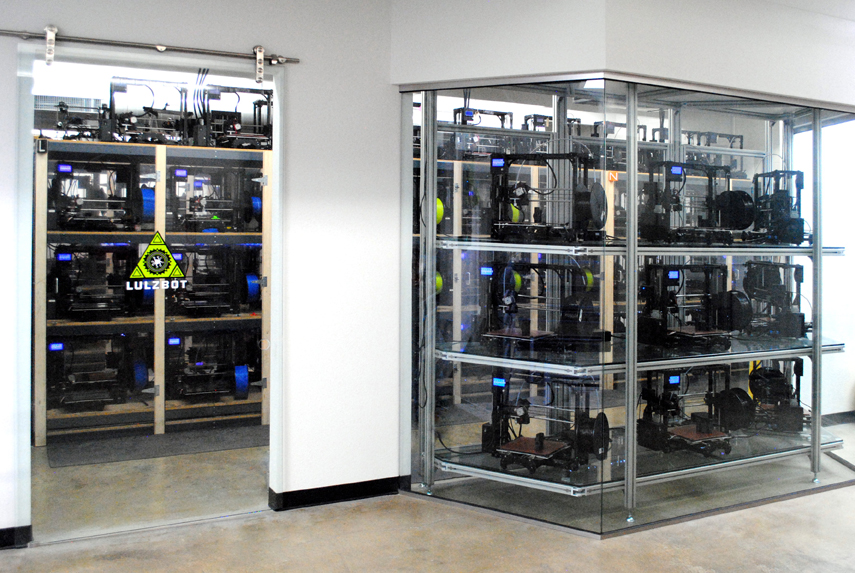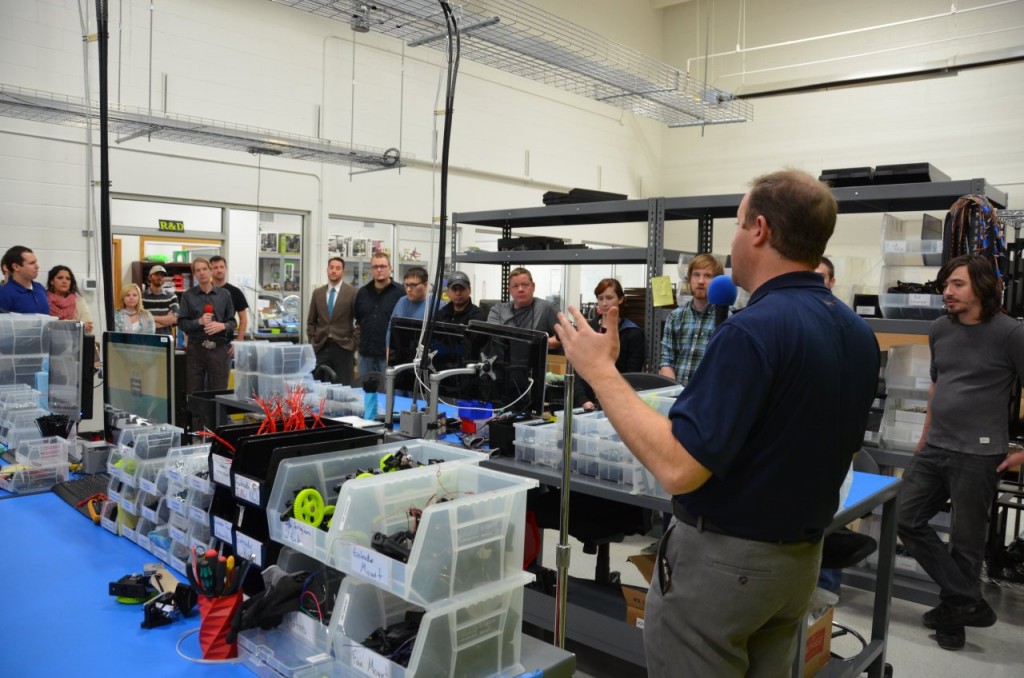Through my friends at 3rdRail3D, a 3D printing community project that is currently under development and seeks to speed up adoption of 3D printing at all levels, I had the opportunity to speak with Harris Kenny, the marketing manager at Aleph Objects, the company behind the Lulzbot line of open source 3D printers.
The great thing about speaking to a company such as Aleph Objects is that they are not just open source with their 3D printers, they are open about everything. That means that all hardware, all software, and even all company data, which, for someone writing about the industry, is like a breath of fresh air.
Of course, it may be easier for Aleph Objects to disclose revenue information since Lulzbot sales are booming. Nevertheless, I am sure they’d disclose the information anyway, since they are not really playing to compete for sales, nor do they have to safeguard stock prices. Harris explained that they just want to offer their users the best experience possible and being fully open is the best way to achieve this.
The company founded by Jeff Moe in 2011 now has about 80 employees and Harris revealed that expansion is getting faster. In 2014, they got up to $4.6 million in sales and they already passed that mark by April, 2015. “Very conservatively I think we may be looking at 12 million dollars in sales by the end of the year,” he says.
This means that the company’s open source business model is not going to change anytime soon. “We don’t think there are tradeoffs as to how open is too open or how far is too far,” Harris says. “We focus on customer experience, so we want the users of our printers to have a great time with them: sharing every aspect of the machine allows us to do that. By using open licenses,” he continues, “we gain all of these benefits: we can reach more people and find suppliers more easily. Our own engineers can keep track of what is going on all of the time, so they can apply improvements more efficiently.”
It does not end here. Financing is more reliable and being able to share the exact bill of materials lets people know exactly what the company needs. There is no paperwork, no nondisclosure agreements to sign. “We just tell them what we need and they give it to us.”
While Lulzbot’s TAZ and LulzBot Mini systems have become Maker favorites, mainly because of their full openness and reliability, LulzBot’s goal, like that of any company, is to get its products out to as many people as possible. The more affordable and easy to use LuzlBot Mini, announced at CES, was a first step in this direction and one of the main projects currently in the works for the TAZ5 is to implement the same auto-leveleing functions and enable it to use a wider range of compatible materials, by resigning the maximum temperature that the nozzle can work at.

Today, these possibilities are limited, but even the larger companies are opening up to this and who knows what will happen when even your dishwasher will have its own open API. Giants like GE and even Microsoft are opening up to this new approach; new companies like Arduino and Lulzbot are showing the way. Their success means that there really is a new, more open and shared way to do things. And everyone can be part of it.




